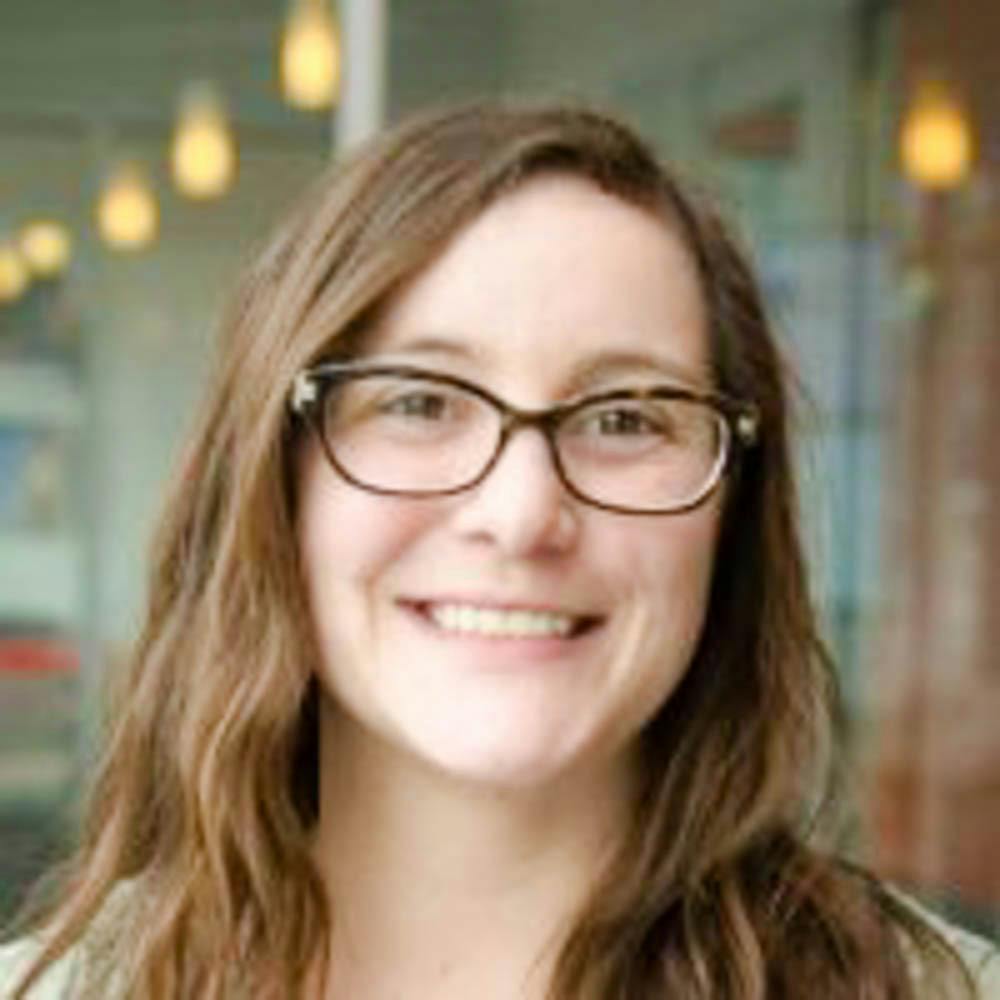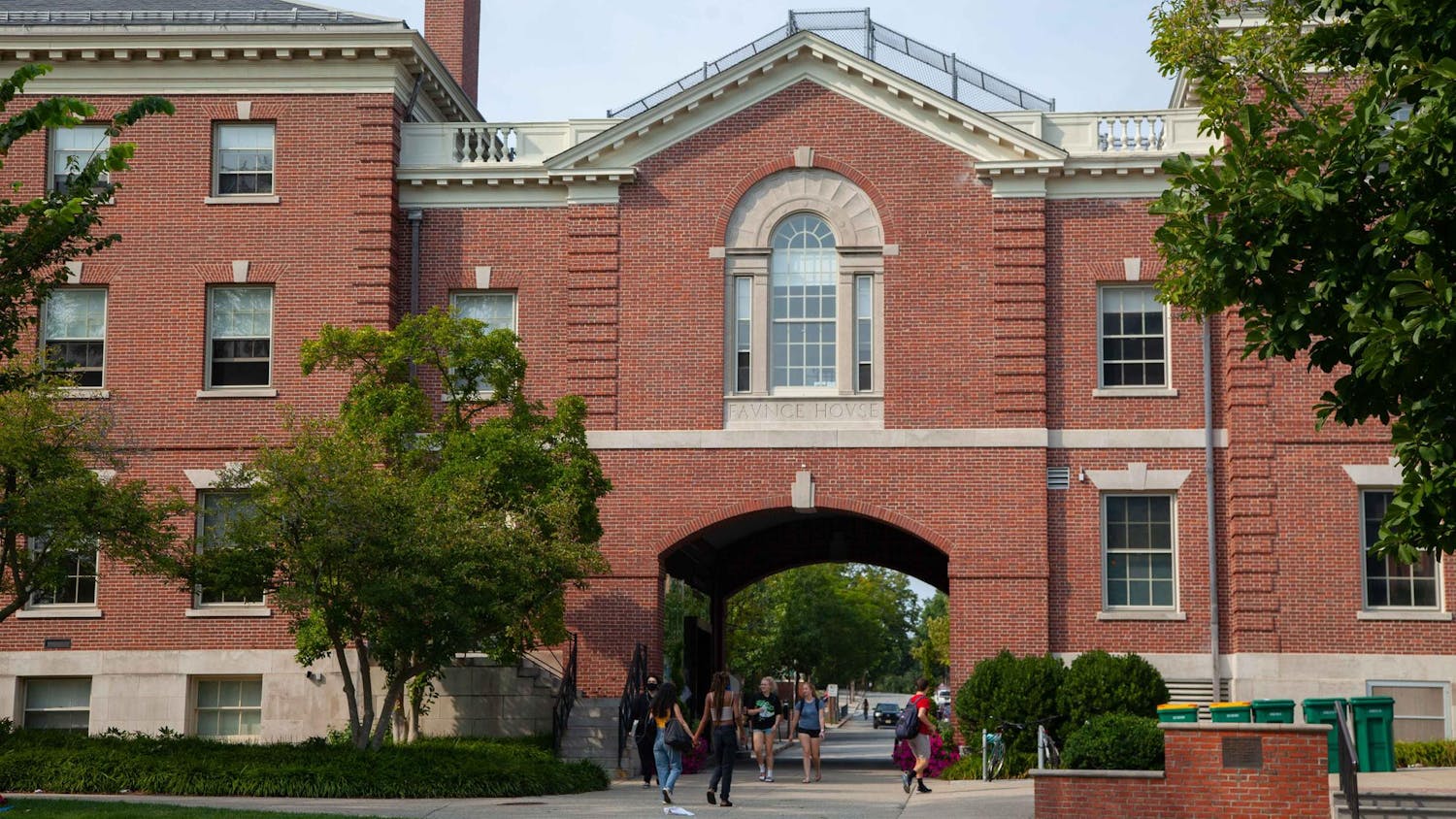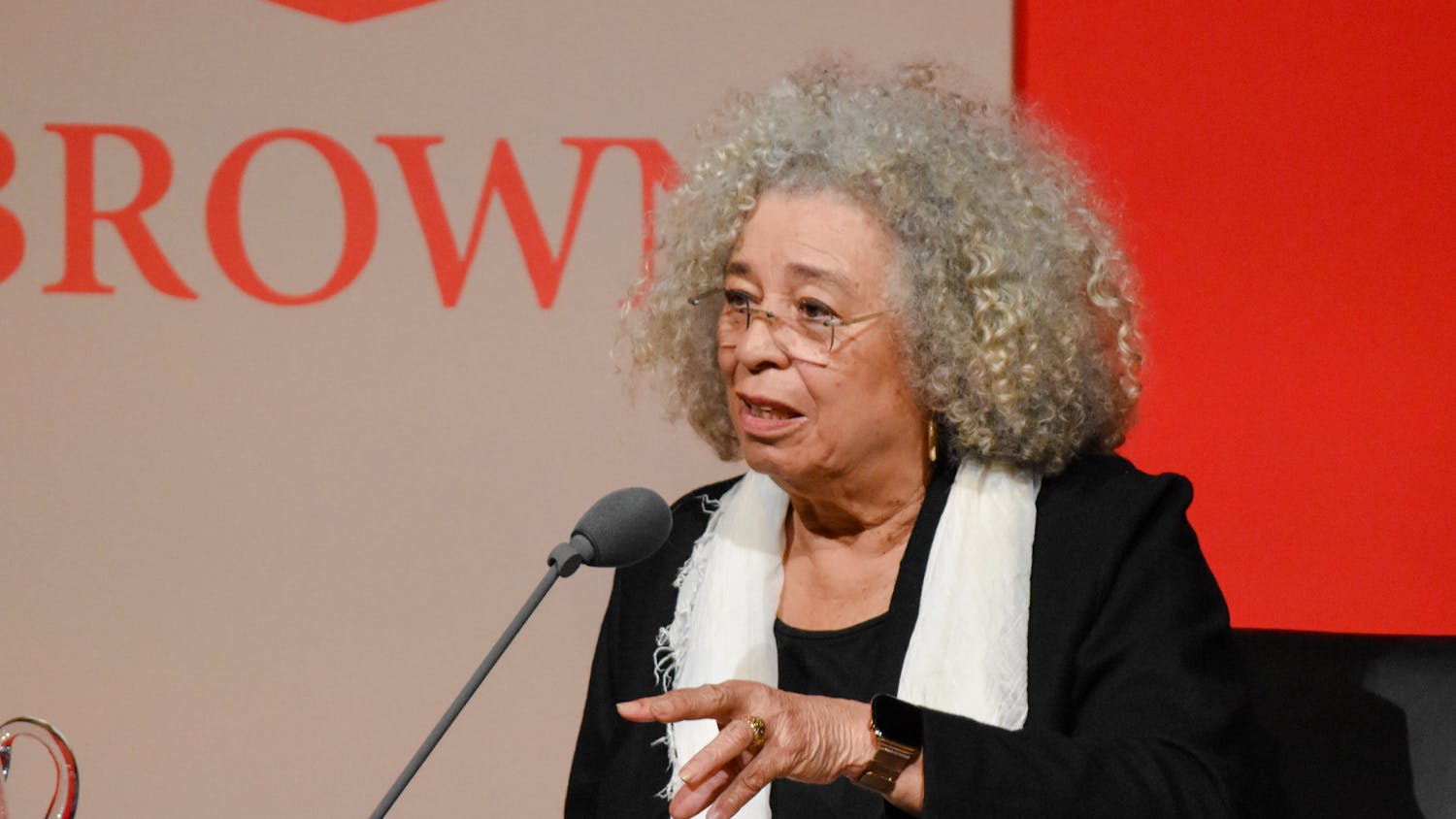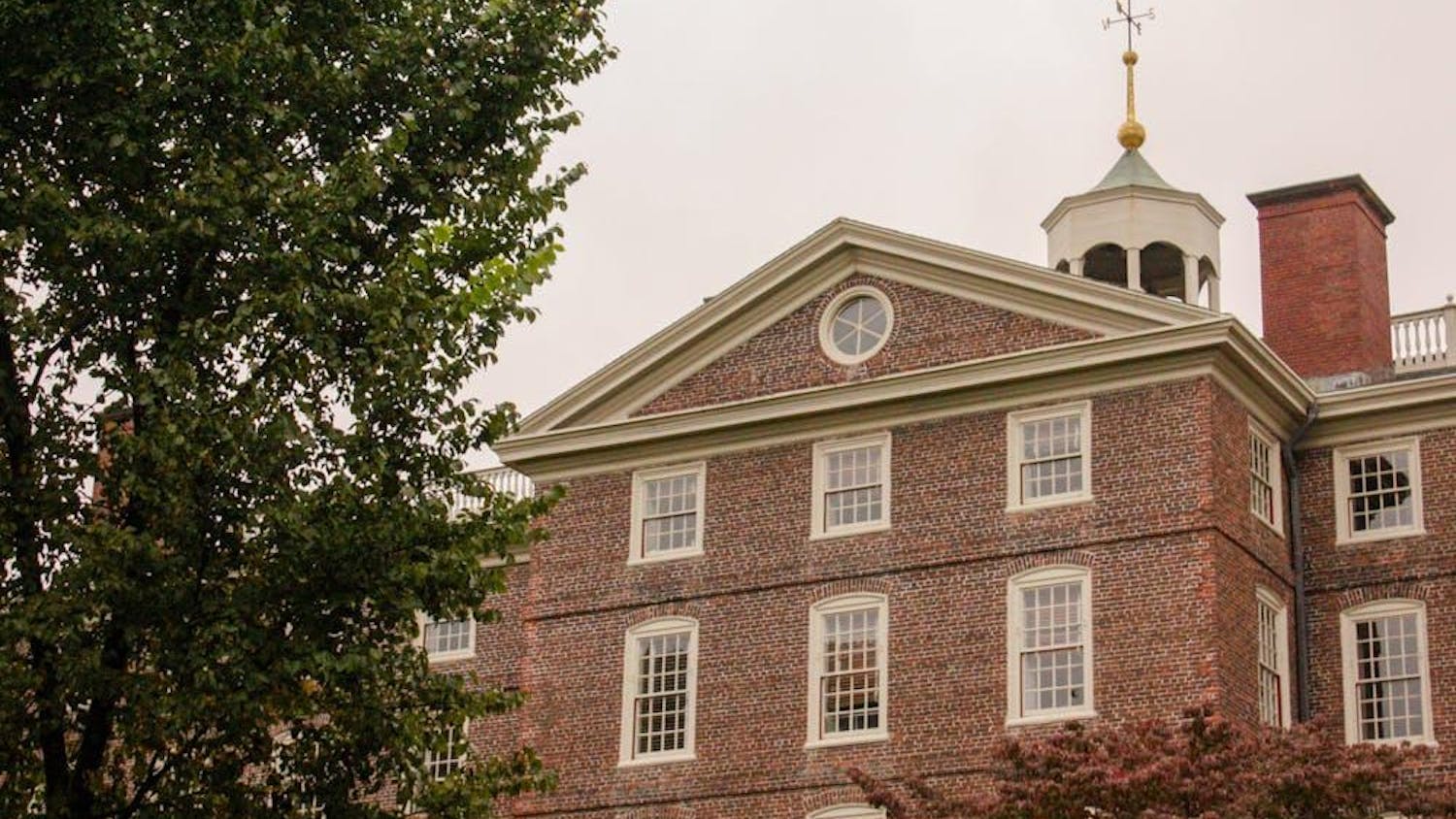The computer science department has hired Laura Dobler, academic program coordinator at the School of Professional Studies, to coordinate initiatives focused on diversity and inclusion. Dobler will work with student advocates in the department’s diversity committee and will be a resource to the CS community on issues related to diversity.
The role involves sending students to conferences, such as the Grace Hopper Celebration of Women in Computing, and to local high schools to expose students to CS at Brown, Dobler said.
Prior to her time at Brown, Dobler was the Learning Resources Center Manager at Strayer University and assisted students — many of whom were first-generation immigrants or minorities — with library and information literacy needs, she said.
Increasing diversity has been a focal point for the CS department because a diverse community brings solutions to diverse issues, wrote Ugur Cetintemel, chair of the computer science department, in an email to The Herald. “We want intellectual diversity, which brings with it innovation, creativity and ideas that can address important societal problems,” he wrote.
According to data collected last year in the 2015 Report of the Diversity Committee, only 24 percent of graduating CS students were female — a marked rise from 8.3 percent in 2010. But in 2014, only 11 percent of faculty members were female.
Though every academic department was recently tasked by the University to create a diversity and inclusion plan, the CS department has been attempting to promote diversity for years, said Amy Greenwald, associate professor of computer science and chair of the department’s diversity committee.
Every summer, CS students teach at the Artemis Project, a summer programming camp for rising high school freshman girls, Greenwald said. Over the course of the school year and during the annual Hour of Code event, CS students also visit Providence high schools to give coding lessons, she added.
While in the past the department has focused its efforts outwards on the Providence community, it has recently begun to turn its focus inwards to create a more inclusive community within the department, Greenwald said. The department is in the process of drafting a diversity and inclusion plan.
The plan is currently under review by faculty members and will be opened up to the community for comments in a few weeks, Dobler said.
“We have been focusing on structural changes to make (a) lasting impact,” Cetintemel wrote. “We have also significantly extended our training and communication efforts and established multiple diverse venues to facilitate continuous feedback and discussion.”
The CS department has also hired seven student advocates who will serve as liaisons between students and faculty members and will review the diversity and inclusion plan, Greenwald said.
Students first approached faculty after a parody of the “Nigerian prince” scam email that many students found racially insensitive was sent to CS students in November to recruit TAs, said Alex Karim ’17, one of the student advocates. They wanted to prevent a similar situation from happening again and — noting a lack of diverse leadership in the department — begin “a greater conversation about diversity,” Karim said.
“Programmer culture is inherently masculine and classist,” said Gareth Chen ’17, a student advocate. “As someone who looks like they would fit into the department, I have a responsibility to make things better.”
The committee of student advocates includes a representative from newly formed student group Mosaic+ and a representative from Women in Computer Science, Dobler said.
Mosaic+ was created by a group of students who also wanted to address the lack of diversity in computer science, said Nifemi Madarikan ’17, co-coordinator of Mosaic+. While the group focuses on peer mentorship and support for underrepresented minorities, it is open to people of all backgrounds, added Chelse-Amoy Steele ’18, another co-coordinator of the group.
The 2014 “fall semester was really lonely,” Steele said. “Now, being black and being in this department makes me really proud. I’m challenged on a daily basis because of my identity, but that’s not … going to stop me from being happy here.”
As the Mosaic+ representative on the student committee, Madarikan hopes that the department will reach out to find partners in academia and the industry through both Mosaic+ and as part of the diversity and inclusion plan.
“Problems we face here with underrepresentation are problems people face elsewhere,” Madarikan said. “I would love to leverage possible resources outside the University, … and this may be with industry partners who are looking to invest in certain students and create opportunities for them.”





